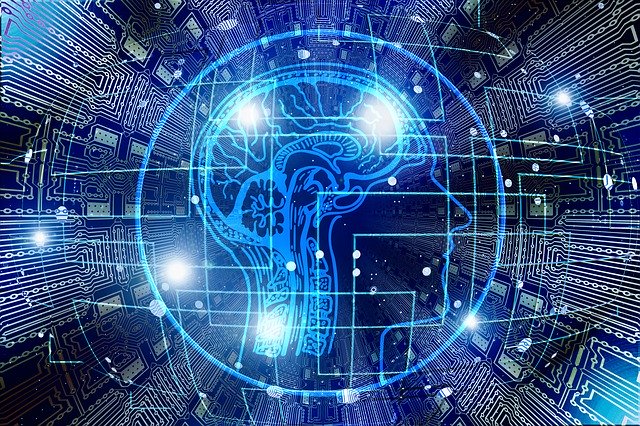When people think of artificial intelligence (AI), they may not fully understand what it is. AI is program that can learn by experience, independently of programming. While many different industries are finding new ways to use AI in the big picture, it also has plenty of potential for improving even small- and medium-sized businesses (SMBs). By understanding what AI is and what it can do, business owners, managers, and IT directors can take advantage of its potential time- and cost-saving benefits.
AI for Small Business Gains
To understand how artificial intelligence for small business can be an important tool, we must first define exactly what artificial intelligence means. Generally speaking, artificial intelligence is a machine’s capacity to respond as if human and to make decisions that would normally require human experience. In short, artificial intelligence refers to a machine’s ability to learn and adapt like an intelligent being.
The most common advantage of artificial intelligence is its capacity for processing and adjusting for mistakes or inefficiencies beyond the human scope. Examples of areas in which to tailor AI for small business benefits include data analytics, automation, and IT .
AI in Data Analytics
Many small businesses use data analytics techniques to make sense and predictions about various aspects of the company, from marketing efforts to supply chain management. It’s often the most important tool to help make the business more successful, but it can be very labor-intensive.
Through AI, the costly and time-consuming work of collecting, analyzing, and developing conclusions based on research data can be achieved more efficiently. After all, no human has the same grasp of mathematics and statistics as a machine, and we certainly can’t process as much as quickly. AI perform data analytics and adjust business aspects or mechanisms based on data-driven conclusions. Using AI-driven data analytics, your business can reach new heights.
AI has been key in revolutionizing data collection. For instance, a business can use AI to collect customer interactions through chatbot interactions or AI-driven surveys. AI can then evaluate the data collected to help the business improve vital processes like sales and positive relationships with customers.
Another of the most broadly applicable spheres for AI in business is social media. Social media giants like Facebook and Twitter already use AI to populate home pages that reflect the users’ interests, so it’s no surprise AI can also help small businesses utilizing social media platforms. Using AI on social media allows businesses to optimize brand messaging across a set of data. Further, SMBs can engage a third-party vendor of AI services, such as Crystal, to evaluate and describe trends in the business’s social media accounts. These methods can help the business garner a more positive response and engagement based directly on the data.
AI also allows for the complex processing and analyzing of publicly available market data, making for better, grounded methods of beating the competition without the time, potential for human error, and cost of human-performed market research.
AI in Automation
Artificial Intelligence allows the automation of a lot of complex work, in some cases to the point of making entire jobs obsolete. Perhaps the most popular and effective method of AI automation in business today is in customer service.
Over the years, customer service has moved further and further from the traditional phone call to a business-specific department, edging closer to digital methods like live support instead. AI has led the charge even further by fully automating the process to save time and money for businesses. In place of an expensive customer service department, or even a couple representatives managing a chat room format, businesses can now take advantage of AI-driven programs like chatbots to automate and optimize how businesses assist customers in need before (or instead of) reaching a human being.
While customer service is probably the most common use of artificial intelligence-driven automation in business, it’s far from the only one. Another important use is, ironically, improving human resources. AI-driven automation can review job applications for the right skills and experience, searching for key terms or phases while saving time and money.
AI in Information Technology
AI can be incredibly helpful in data collection, evaluation, and, where possible, effecting changes based on analytics. But the potential usage of AI is not so limited—it is also an effective tool in information technology (IT) overall. The effect of AI on IT administration is founded in its more data-driven approach to working with machines which can help drive results in a much more efficient delivery of service for businesses.
The exact effect of AI on IT in SMBs depends on how a business’s IT director uses AI. For example, AI can analyze extremely specific data sets, like network uptime versus time of day, to best align a work schedule to avoid networking issues. Along this same vein, AI can also be used to analyze computer usage time and work efficiency to best offer breaks to improve productivity. Depending on personal ingenuity, AI can go a long way in a variety of directions. But hiring the right IT minds is necessary to getting the most out of AI for small business.
With the right creative application, AI can be used to optimize and reshape how SMBs operate and, as a result, massively cut costs and inefficiencies. Those that aren’t utilizing this powerful new tool are falling behind one of the most important curves in business today.
